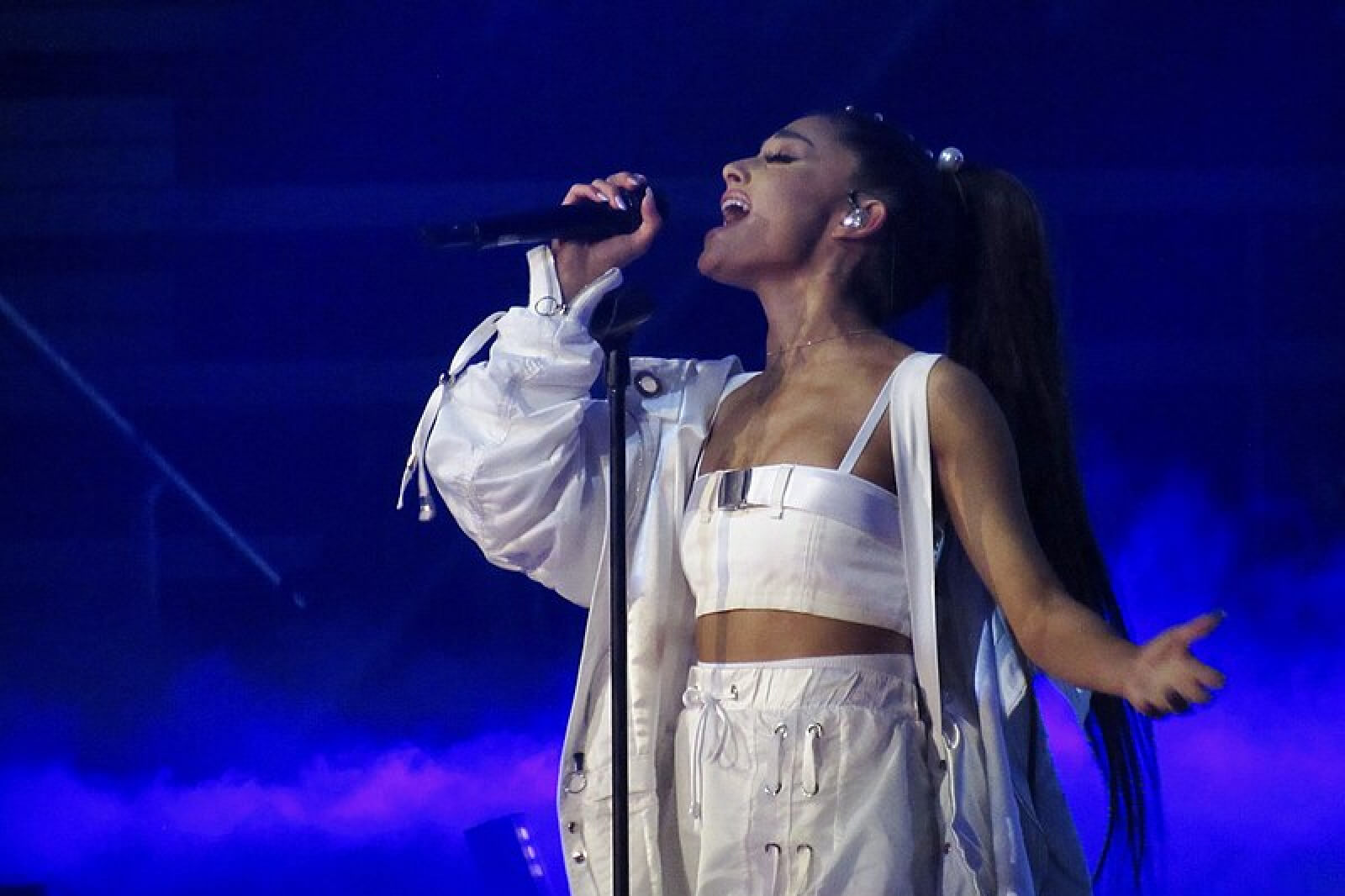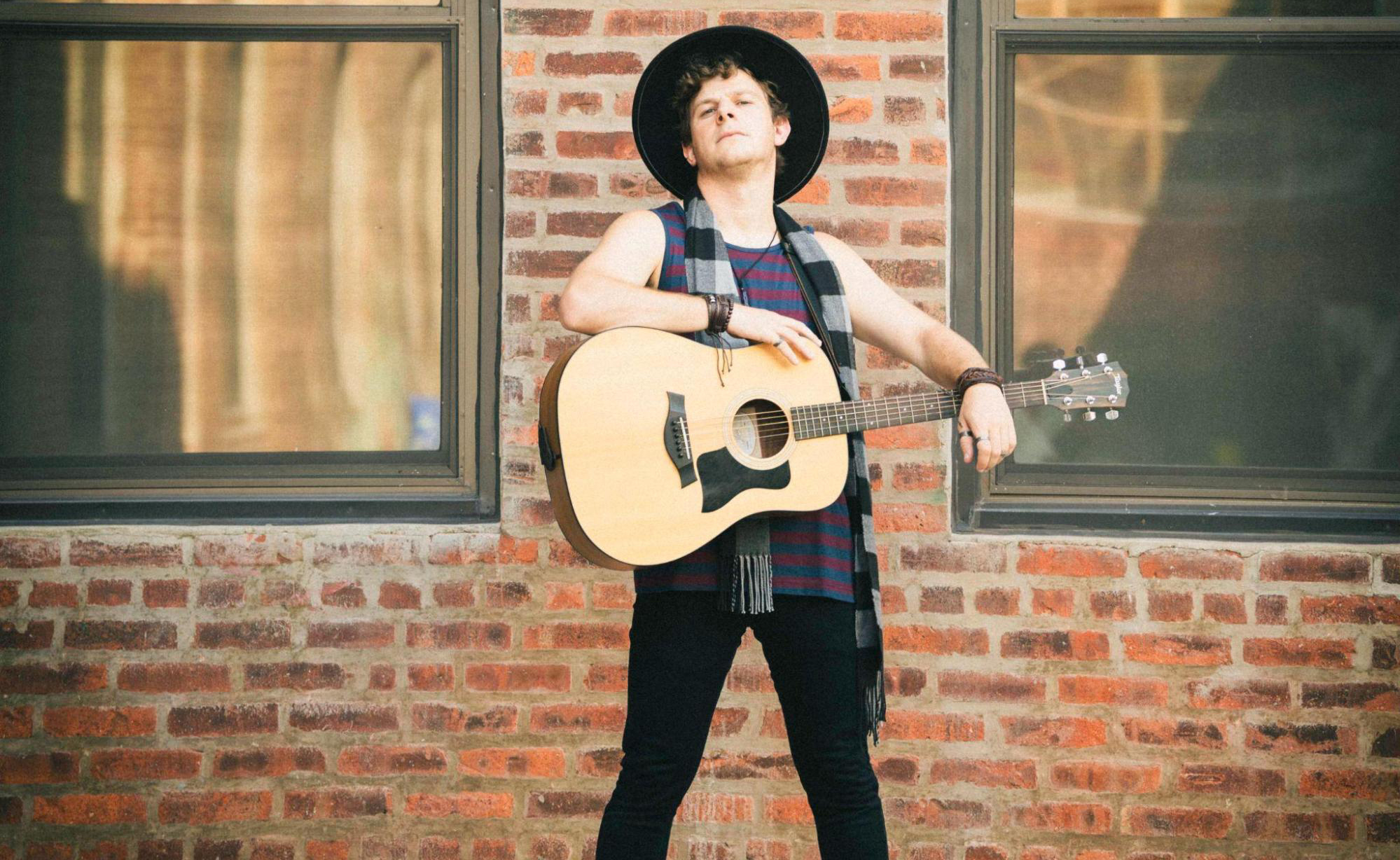
Ziwe on SHOWTIME
Ziwe Fumudoh’s highly anticipated eponymous comedy show, Ziwe, premiered on Sunday, May 9th.
The Showtime and A24 collaboration brings the success of Ziwe’s Instagram Live series, Baited, to television in a series which blends interviews with sketch comedy and musical numbers. Frankly, its so good it makes SNL all but redundant (if Elon Musk’s cringey appearance as SNL host on May 8th didn’t already prove that).
The show, with A24’s stunning video production, ceaseless irony, and fast-paced sketches, follows in the footsteps of HBO’s A Black Lady Sketch Show as part of the zeitgeist of playful commentary on race, and also takes cues from specials like the conceptual John Mulaney and the Sack Lunch Bunch and HBO’s 2 Dope Queens.
ZIWE (2021) Truly Iconic 👀 Official Trailer | SHOWTIMEwww.youtube.com
What emerges is a refreshing take on late night comedy which keeps its audience guessing and never draws its segments out too long. Ziwe knows how to keep its audience wanting more, and one of my only criticisms is that there wasn’t enough of it — give me longer interviews, more sketches, a full uninterrupted hour each episode. But alas, until next week we wait.
From the second the show starts, Ziwe drops pop culture references — for example, the theme song feels like a mix of The Nanny, The Proud Family and Lizzie Maguire theme sequences — without losing sight of her unique brand. Ziwe’s approachable millennial pink aesthetic and trademark grin balance the hard hitting questions and complicated themes. For example: white women.
Episode 1 was titled “55%,” after the percentage of white women who voted for Tr*mp in the 2020 election. To tackle this issue, Ziwe interviewed “iconic” white women Gloria Steinem and Fran Lebowitz.
Between interviews, Ziwe performs songs like “Lisa Called the Cops on Black People” and cuts to a sketch which imagines a version of American Girl dolls which includes a doll that comes with a copy of White Fragility and a key to a condo in a Black neighborhood that her republican parents are paying for. This dynamic format supplements her signature conversational style and shows her range and performance acumen. Not many people could translate this well on television, but Ziwe surpasses all expectations.
Despite the increased scale and budget of her show, Ziwe has not switched up – asking the same baiting questions that led to her quarantine fame, but this time to bigger names than like … Caroline Calloway. Her exchange with Fran makes me cringe in delight as the “famously” no-nonsense humorist attempts to understand what she had gotten herself into.
“That’s a real question?” Fran responds to being asked whether slow walkers bother her more than racism, but Ziwe puts the pressure on while also maintaining a sense of levity. As an interviewer, her strengths are in, yes, asking impossible questions, but mostly in not taking herself too seriously.
You can imagine a Red Table Talk version of this where everything is asked in earnest, but Ziwe is taking the opposite approach, finding comedy in other people’s discomfort. She’s at her best when she just lets her guests talk, encouraging them to say what they might otherwise be afraid to and letting them incriminate themselves.
This was on full display in one of the funniest sections of the show: the Karen Convention.
‘Karen Convention’ Ep. 1 Official Clip | ZIWE | SHOWTIMEwww.youtube.com
In response to the pejorative use of the name “Karen,” popularized after the influx of white women calling the police on Black people minding their business, Ziwe calls upon a panel of experts: white women named Karen.
This group of random white women had a lot to say. With a little guidance from Ziwe, who never corrects or interrogates them but instead urges them on, the Karens air out their grievances — and they have many.
“Yes, I’ve called the manager,” one of them reveals, but she follows it up with the fact that sometimes she calls the manager on waitstaff, makes them sweat it out in fear, only to offer her compliments — so all is well! Another reveals that after the Amy Cooper scandal she thought she was finally free and obnoxious white women would all be called “Amys,” but no such luck.
“I have a couple of good friends named Amy,” another Karen chimes in response. After a small tete a tete, one of the Karens poses the theory that the term might be racist, and another points out that “we all came from Africa”. Through all this, Ziwe just nods and encourages them along, letting them get more and more impassioned by their opportunity to finally talk about it.
Ziwe’s genius is trusting the audience to pick out the flaws of their argument — and if you can’t, you’re not her audience. She cultivates a desire to want to be accepted into the club of her comedy, turning representation on its head.
After decades of mainstream television in which the assumed audience is a white one, Ziwe makes white audiences work to push past their discomfort at seeing themselves on screen in unflattering ways.
To watch as a Black woman is to feel vindicated by the character Ziwe portrays herself as, to revel in the hilarity of the questions I wish I could ask people I know. To be a white woman, a target of this episode (even if you’re the 45% who didn’t vote for Trump), is to wonder what would I have said?
By reveling in the chaos she creates, Ziwe is in total control of her interviewees and her audience, changing the game of late night television and giving us hope for the future of comedy.
- Best of Black Culture in 2020 – Popdust ›
- What to Watch May 2021: Netflix, Amazon Prime, HBO, and … ›














